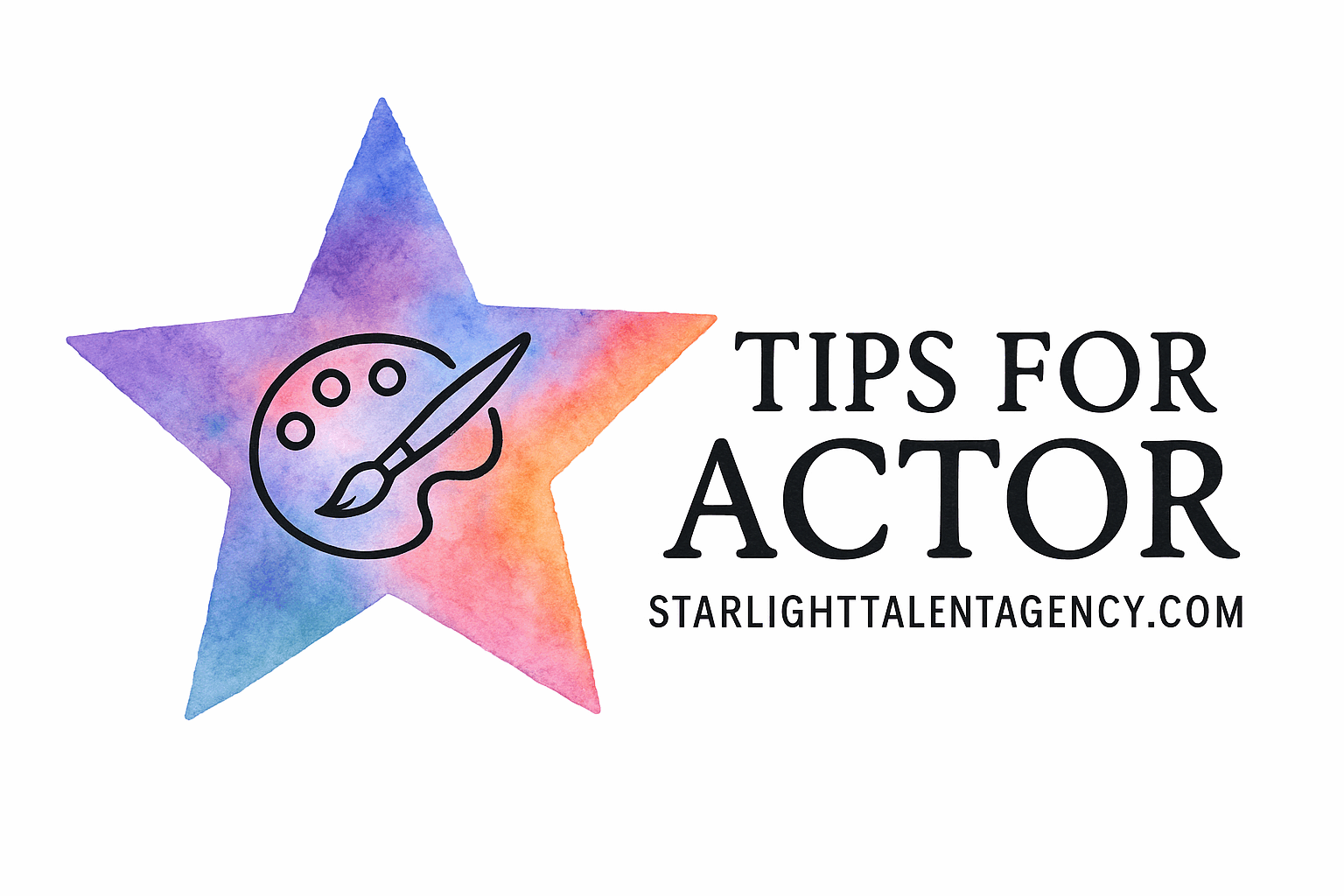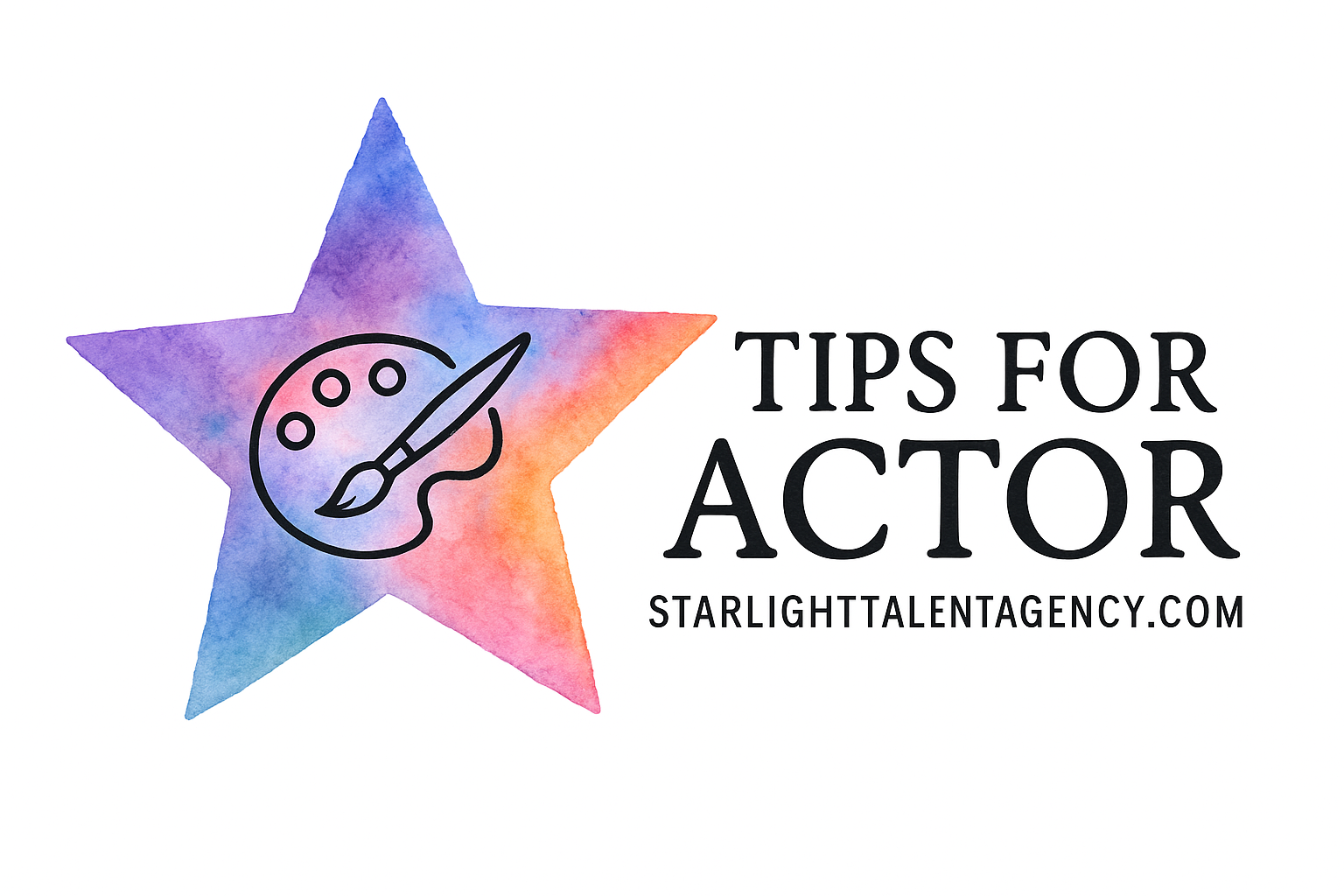Introduction: Why Script Analysis Matters for Actors
Every great performance begins with one thing — a deep understanding of the script. Whether you’re on stage or on camera, knowing the text inside and out is what transforms simple line delivery into living, breathing art. For any actor, mastering script analysis is non-negotiable. It’s the difference between reciting lines and embodying truth.
If you’re looking to grow your skill in this area, professional guidance through coaching tips for actor script analysis can make all the difference. The following insights will help you unlock emotional truth, strengthen character work, and deliver authentic performances that captivate any audience.
Understanding Script Analysis: The Foundation of Every Great Performance
What Is Script Analysis in Acting?
Script analysis is the foundation of character building. It’s the process of breaking down your script to understand the who, what, and why of every moment. You’re essentially a detective — finding clues about your character’s intentions, emotions, and relationships.
A great way to start developing this skill is through focused study. Check out the Audition Preparation Basics page from Starlight Talent Agency for core principles that strengthen your interpretive reading and performance preparation.
The Role of Coaching in Actor Script Analysis
Even the most talented actors need a coach. A seasoned acting coach helps you explore hidden motivations, challenge assumptions, and elevate your connection to the material. You can take your understanding to the next level by working with mentors who specialize in Advanced Audition Skills and scene work refinement.

Tip 1: Read for the Story First
Focus on Understanding the Plot
Before diving into your lines, read the entire script as if you’re the audience. Absorb the story’s world, tone, and rhythm. This gives you an emotional map to guide your character’s journey. Knowing the story helps you avoid isolated performances that feel disconnected from the bigger picture.
Identify the Central Conflict
Conflict is what gives every story its pulse. Your character’s journey — their wants, fears, and obstacles — all hinge on this central conflict. If you need to strengthen how you recognize and respond to tension, Starlight’s Scene Work section offers great insights into dynamic scene breakdowns.
Tip 2: Break Down the Character’s Objective
The Power of “What Does My Character Want?”
Every character is driven by a goal. Your task is to identify it clearly. When your objectives are specific, your choices become organic and powerful. This question — “What does my character want?” — should guide every line you speak and every action you take.
Learn to define and refine objectives with the help of a professional coach through Starlight’s Character Development program, which helps you uncover the psychological core behind every role.
Tip 3: Discover the Subtext
Reading Between the Lines
Subtext gives life to your dialogue. It’s not what your character says, but what they mean. Understanding subtext requires emotional intelligence — noticing when your words mask pain, sarcasm, or desire.
Actors who want to master this level of nuance should explore Starlight’s Expressive Acting and On-Camera Acting resources, which teach how subtle choices can powerfully shift meaning on screen.
Tip 4: Analyze the Relationships
How Relationships Shape Performance
Your performance doesn’t exist in isolation. Every interaction is shaped by the emotional connection between you and other characters. Ask yourself — who am I to this person? A lover, rival, parent, or friend?
To deepen this aspect, learn more about Acting with Partners, where you’ll find methods for building believable chemistry and emotional dynamics in every scene.
Tip 5: Study the Scene Beats
Breaking Down Emotional Shifts
Scenes are built on “beats” — emotional or tactical shifts in the character’s pursuit of their goal. Recognizing beats keeps your performance alive and dynamic.
Working with a coach experienced in Taking Direction can help you spot these transitions, ensuring every shift feels intentional and emotionally grounded.
Tip 6: Identify Obstacles and Stakes
Why Conflict Creates Drama
The heart of drama lies in resistance. When obstacles stand between your character and their goal, tension and emotion skyrocket. Ask: What am I fighting for? What do I risk losing?
Understanding stakes transforms a flat scene into an unforgettable one. For actors honing this craft, Starlight’s Career Growth section offers advice on making bold, story-driven choices that stand out.
Tip 7: Explore Character Backstory
Building Authenticity Through Imagination
Backstory informs behavior. Even if the script doesn’t tell you everything, create it. What past experiences shape your decisions? What traumas, joys, or memories influence your actions?
Developing rich inner lives is key to authenticity — a skill sharpened through Starlight’s workshops on Acting Confidence and Career Mindset, designed to help actors trust their instincts and emotional depth.
Tip 8: Learn to Ask the Right Questions
Coaching Tools for Deeper Understanding
Curiosity drives great performances. Ask powerful questions like:
- Why does my character say this now?
- What’s the emotional cost of failure?
- How does this line change my relationship?
Coaches specializing in Script Analysis can guide you through these inquiries, teaching you how to extract emotional truth from every scene.
Tip 9: Connect Emotionally and Physically
Integrating Body Language into Performance
Emotion lives in the body. From subtle gestures to breathing patterns, your physicality reflects your character’s state of mind.
You can refine your body awareness and stage presence through training in Body Acting and Stage Gestures. Together, these skills help you embody emotion naturally, not mechanically.
Tip 10: Practice Active Listening in Scenes
Responding Truthfully to Scene Partners
Great acting isn’t just about saying your lines — it’s about listening with intent. Real reactions make your performance spontaneous and authentic.
Explore Scene Work resources and coaching in Acting Flexibility to strengthen your responsiveness and adaptability on stage or camera.
Tip 11: Revisit and Refine Your Analysis
Continuous Growth Through Rehearsal and Coaching
Script analysis isn’t a one-time event. Each rehearsal reveals something new. As you grow, so does your understanding of your character.
Regularly revisiting your work with an acting coach or through online resources like Self-Tape Mastery ensures your growth continues even outside class.
Common Mistakes Actors Make in Script Analysis
Overcomplicating the Process
Some actors fall into the trap of overanalyzing — turning a scene into an academic exercise. Remember: analysis supports emotion, not the other way around. Use logic to clarify, not to stifle spontaneity.
Ignoring Subtext or Emotional Beats
Skipping subtext or emotional beats flattens your work. Your audience can tell when you’re reciting rather than feeling. Strengthen emotional truth with warm-up and relaxation drills found in Starlight’s Warm-Up Exercises section.
Benefits of Working with an Acting Coach
How a Coach Enhances Script Understanding
A professional coach accelerates growth by providing outside perspective. They help you identify blind spots, elevate your emotional range, and sharpen your instincts.
Coaches from Starlight Talent Agency emphasize collaboration — pushing you to find the most truthful version of your performance while keeping your creativity at the forefront.
Tools and Resources for Effective Script Analysis
Recommended Books, Exercises, and Workshops
Want to dig deeper? Here are some resources actors swear by:
- “An Actor Prepares” by Konstantin Stanislavski
- “Respect for Acting” by Uta Hagen
- Training with Starlight’s programs like Audition Preparation Basics and Character Development
- Practicing Self-Tape Acting to evaluate your own progress on camera
Combining these tools with consistent coaching will make script analysis second nature.
Conclusion: Elevate Your Craft with Script Mastery
At its core, script analysis is about empathy, curiosity, and connection. When you apply these 11 coaching tips, you move beyond simply “performing” and start living truthfully in imaginary circumstances. With guidance from experienced coaches and consistent exploration through Starlight Talent Agency’s workshops, your craft will evolve from competent to captivating.
Remember — great acting isn’t found in the words on the page. It’s found in the spaces between them.
FAQs
1. What’s the best first step in script analysis for actors?
Start by reading the script for story and emotional tone before focusing on your character’s lines. Audition Preparation Basics covers how to do this effectively.
2. How do I find hidden meanings or subtext?
Study dialogue rhythm, pauses, and what’s left unsaid. Explore Script Analysis for professional insights.
3. Should I create a backstory even if it’s not in the script?
Yes — it fuels emotional authenticity. Character Development workshops can guide this process.
4. How can I avoid overthinking script analysis?
Keep your focus on playable actions and emotional truth. Use Acting Confidence exercises to stay grounded.
5. What role does physicality play in analysis?
Body awareness enhances emotional expression. Try Body Acting sessions to integrate movement with emotion.
6. Can self-taping help with script analysis?
Absolutely. Watching your own tapes offers valuable feedback. Check out Self-Tape Mastery for expert techniques.
7. How do I keep improving after mastering the basics?
Keep training, experimenting, and working with coaches. Explore ongoing learning through Career Growth and related actor development resources.

